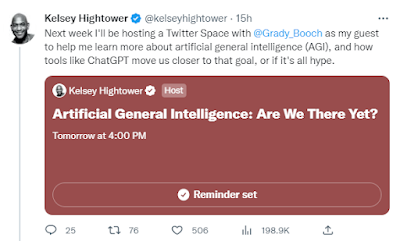It's impossible to be "anti-agile" ?
Agile is a specific approach to project management often seen within software development. It tends to promote itself over the classic "waterfall approach" using different terminologies such as 'iteration', 'sprints', 'user stories'. In fact the only reason that the non-agile approach is called "waterfall" is because it was adopted as Agile gained momentum to distinguish from the 'traditional' in much the same way we had no need for the word "analog" until the term "digital" was coined. A Traditional drawing of a project broken into stages where one stage is 'dependent' upon the other does in fact look like a waterfall.
Who would say that "processes and tools" are more important then individuals?, or that "contract negotiation" (C.Y.A) is more important the collaboration???. In what world, is it important to have a 100 page document describing a piece of software that doesn't actually work? Or when would you tell your customer 'I'm sorry I can't give you the change you asked for because it's not in the original plan?"
No one does these things, and the not-so-secret / hidden message is that following 'waterfall' is exactly those 'opposite' things. Now don't get me wrong, sure some people 'feel' this way when involved in a project. Feel that we spend too much time documenting and not enough time 'doing' or telling people to complete 'change requests', when they want to make a change so that we can calculate the impact of the change to their cost, time, and schedule (om my!). To which I can only respond that the carpenters rule "Measure Twice! - Cut Once" applies to much more then the world of carpentry. Like any tool Traditional project management can be implemented 'well' or it might be done 'poorly' and the same is true for Agile. If you believe otherwise I expect you have some cognitive dissonance to work out.
So my message to you is this - "Don't follow Agile" because its new, trendy, and "sounds right". Ask for and review the case studies. Think about the problems you currently face in your software development, and project management lifecycle. Measure the things you are concerned about, Determine which things you want to change, and then re-measure to see if the switch meets your expectations. Find the combination of solution that works for your business and those of your clients, deliver effectively and efficiently, make promises and keep them, build trust. Build sturdy products that stand the test of time. These are the hallmarks of good project management and good software development - It is the result you produce that make the difference - not the specific 'toolset' you use.










Comments
Post a Comment